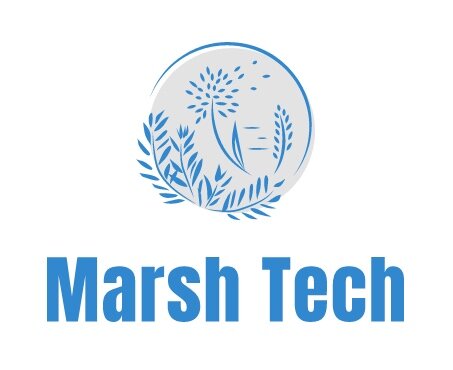Welcome to Marsh Tech LLC, provider of Plastics Analysis to suppliers, processors, manufacturers, and end-users of plastics from across the country working in such industries as automotive, medical, dental, electronics, packaging, telecommunications, consumer products, and outdoor products. We aim to provide only the best in high-quality results and customer experience. Below is a summary of our services and processes that you will find link to our Services page where you will find more details… Thank you for visiting our website and we look for the opportunity to work with you!
Marsh Tech’s Analytical Services are standard polymer analysis techniques that will characterize the bulk composition, thermal transitions, quantity of fillers or reinforcements, and rheology of a plastic sample. They are the practical starting points for any material identification. The common applications include receiving inspection, process validation, competitive product ID, and failure analysis. Following are brief descriptions of each technique and how it is used at Marsh Tech.
Fourier Transform Infrared Spectroscopy
Fourier Transform Infrared Spectroscopy (FTIR) is referred to as the fingerprinting technique. It is the first step in plastic characterization. The instrument relies on the physics of electromagnetic radiation in the infrared region and how this radiation is absorbed at certain frequencies by the sample molecules. The resulting spectrum is unique to the molecules present in the sample and through comparison to published standards one can determine the generic type, or family, of plastic present in the sample. Additional testing by DSC is often desired for a more refined characterization of certain generic types not well distinguishing by FTIR alone such as nylon, polyester, polyethylene, acetal, and certain blends and alloys. Further, it does not quantify fillers or reinforcements so TGA may also be needed.
Differential Scanning Calorimetry
Differential Scanning Calorimetry (DSC) is a thermal analysis technique that measures heat flow versus time and temperature. This is used to measure glass transitions or crystalline melt endotherms and when coupled with FTIR, it is a means of further characterization of thermoplastics. Alone, it is used to determine the crystallinity of PET, PPS, or PPA high temperature polymers as indicated by those material suppliers. It can also be used to look for molded in stresses in certain plastics.
Thermogravimetric Analysis (TGA) is a thermal analysis technique that measures weight loss versus temperature. It is primarily used to quantify the weight percentages of carbon and non-combustibles such as glass or minerals present in the plastic sample for quality assurance or failure analysis purposes. Other applications include oxidative studies or quantification of other additives that decompose at discrete temperatures.
Melt Flow Rate is a rheological measurement of plastic. It is used to assess degradation in plastics when both the molded part and exact lot of raw material are available for comparison. It can also be performed as part of a receiving inspection plan.



